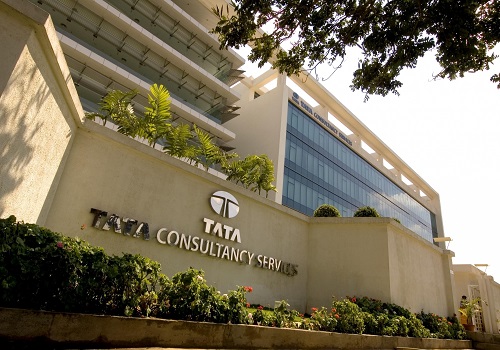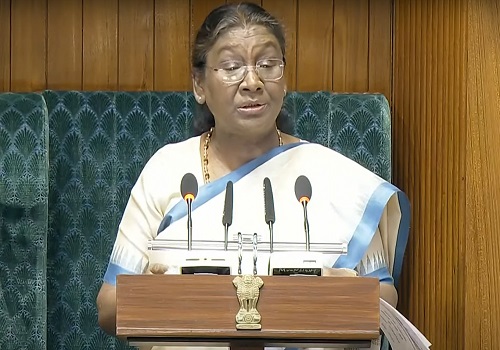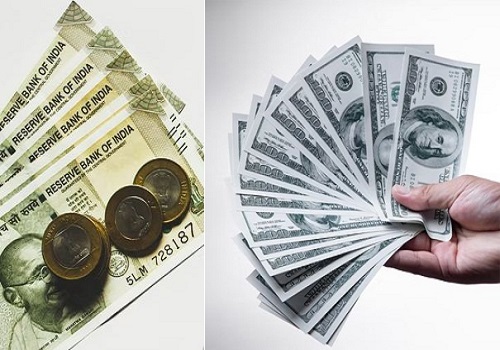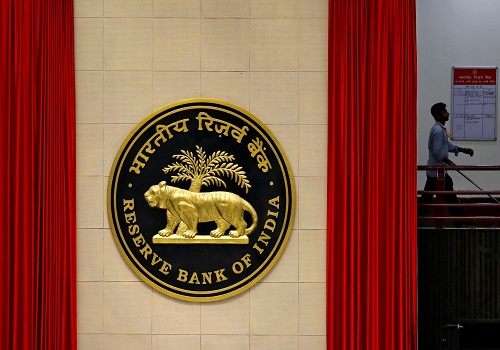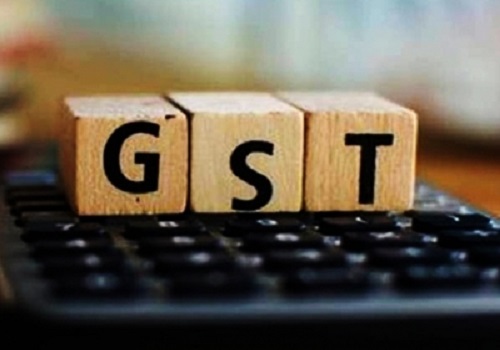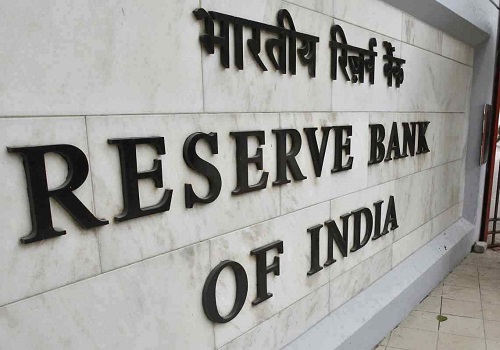Indian UHNIs have potential to triple philanthropic contributions to Rs 75,500 cr annually: AIP-BCG report

Accelerate Indian Philanthropy (AIP) -- a non-profit organisation that works to promote and catalyse personal philanthropy in India, in partnership with Boston Consulting Group (BCG), have released their report titled "Wealth with Purpose: A Report on Private Indian Philanthropy".
More than 100 ultra-high-net-worth individuals (UHNIs) were contacted in this extensive study to explore their motivations, challenges, strategies, and decision-making processes across various stages of giving.
These UHNIs represented wealth segments from Rs 200 to 2,000+ crore.
The report celebrates Indian philanthropists' impact while advocating for increased and more strategic giving.
It recommends deeper engagement with causes, systematic approaches, and key strategies like institution-building, innovation, government collaboration, long-term planning, grassroots capacity building, and knowledge-sharing to enhance philanthropic effectiveness in India.
Drawing on views from a wide range of sources, including industry leaders, philanthropists, and social impact specialists, the report offers a detailed analysis of India's philanthropic ecosystem.
With in-depth research and actual case studies, the report gives Indian wealth creators a roadmap for maximising their philanthropic influence and promoting social change.
The report highlighted the following key points:
Evolving philanthropic culture: Philanthropy in India is shifting from traditional giving to strategic and impactful engagement, led by young first-generation wealth creators who focus on long-term solutions and experimental models for scalable impact.
Significant potential for philanthropic capital: Ninety per cent of respondents expressed a desire to increase their philanthropic contributions, with UHNIs potentially contributing Rs 75,000+ crore annually by allocating just five per cent of their incremental wealth compared to the current contribution of potentially more than three-fold of current giving in India.
The TIE model of philanthropy: The model categorises philanthropic contributions into three areas: Treasure (financial resources), Involvement (time, talent, ties), and Evangelisation (advocacy and influence), highlighting the importance of holistic engagement for significant and sustainable impact.
Collaboration and ecosystem building: Collaboration is identified as a key factor in amplifying philanthropic impact, with knowledge sharing and joint efforts strengthening the overall ecosystem and enhancing the scale of impact.
Diverse philanthropic archetypes: The study identifies six distinct philanthropic archetypes in India -- inspiration seekers, cause champions, emerging givers, core givers, strategic enablers, and rainmakers across various stages of their philanthropic journey and giving.
Key trends emerging in the philanthropic sector: Early engagement, increasing importance of scale, early philanthropic engagement by the new generation, support for multiple causes, and a preference for direct grant-making among evolved philanthropists are among many key trends.
Barriers to giving: Three barriers to giving include personal challenges that 30 per cent of respondents face, like time constraints, viewing CSR efforts as sufficient, and motivational barriers such as not finding the right cause, and lacking belief in impact. As much as 60 per cent identify structural issues, including procedural complexities and information gaps such as finding credible organisations and regulatory obstacles. Cultural challenges include beliefs such as preserving wealth for future generations and a lack of social recognition. However, the next generation shows more openness to philanthropy and involvement in decision-making.
Ashish Dhawan, Founder-CEO, The Convergence Foundation and AIP Core Founder, said, "Philanthropy can play a catalytic role in driving India's economic and social transformation, and our vision, through AIP, is to collectively accelerate philanthropy towards that end."
"This report highlights a crucial positive trend in India -- the rise of a robust philanthropic culture. The report highlights six such archetypes of philanthropists each with different motivations, but each equally critical to bringing us closer to our aspirations. I hope it inspires transformative contributions," said Neeraj Aggarwal, Chairman, Asia-Pacific, BCG.
"India's UHNIs are uniquely positioned to drive the country's social and economic transformation through their philanthropic efforts. This report serves as a guide for UHNIs to understand the evolving landscape of philanthropy, recognise their potential impact, and adopt strategies that can contribute to India's transformation," said Amitabh Jaipuria, CEO, Accelerate Indian Philanthropy.
Strategic philanthropy can catalyse economic and social transformation.
By promoting and celebrating inspirational philanthropy, AIP along with BCG hopes to harness the transformative power of personal philanthropy to help build a healthier, better educated and more prosperous India where every citizen has equal opportunity to be the best they can be and live their dreams.



